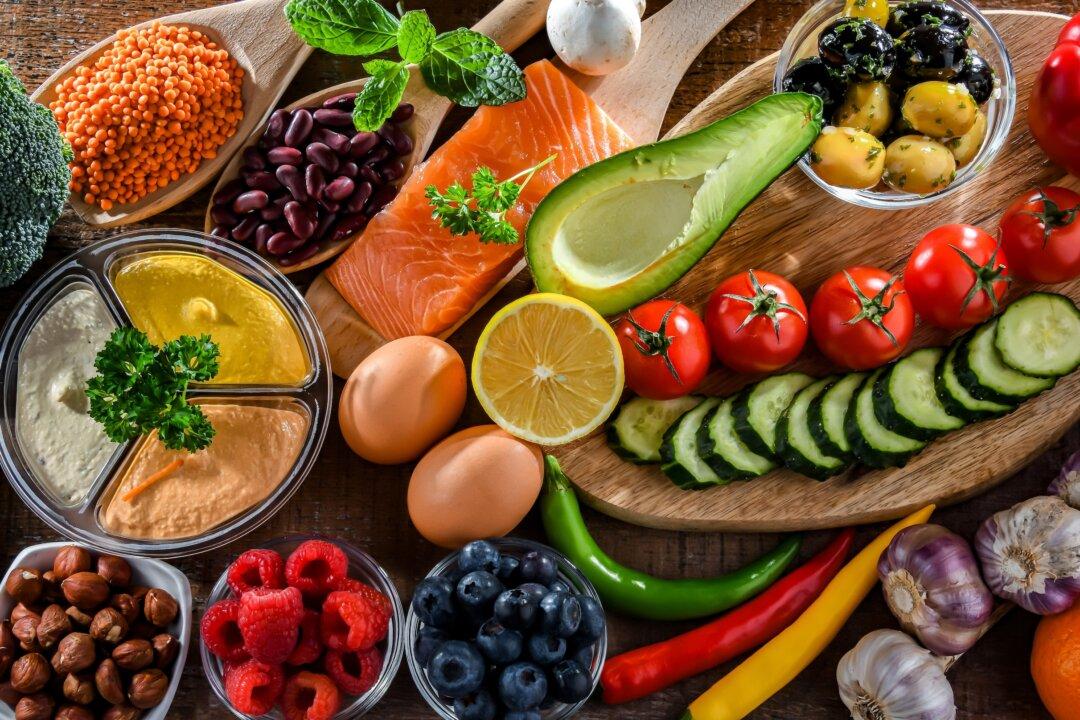Diets high in healthy fats and vegetables with limited consumption of unhealthy foods may reduce the risk of developing bowel and other cancers, recent research from Flinders University suggests.
The studies found that diets rich in fruits, vegetables, whole grains, legumes, fish, and dairy may reduce the risk and improve outcomes of gastrointestinal (GI) cancers. While unhealthy food habits featuring high amounts of red and processed meats, fast foods, refined grains, alcohol, and sugary drinks correlated with an increased risk of GI cancers.




